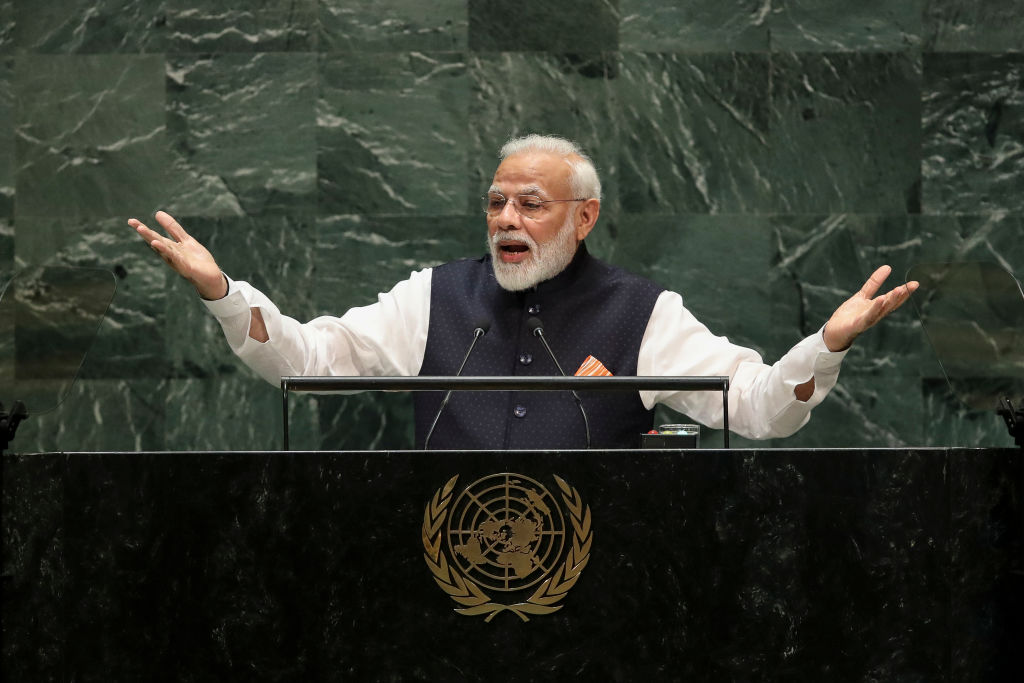Seventy-three years ago on 15 August, the nation of India awoke, in the immortal words of its first prime minister Jawaharlal Nehru, ‘to life and freedom’ after 190 years of British rule. It was a truncated triumph. Before its departure from the subcontinent, Britain conceded to demands for a separate homeland for Muslims and carved out significant swathes of India into Pakistan. Vocal and influential land-owning Muslim elites were convinced they would be unbearably subjugated in an independent India where Hindus were hegemonic.
If the partition of India was intended to usher in reconciliation, this is yet to materialise. The two South Asian neighbours have since bloodily engaged in three major and two minor wars. Indeed, exchanges of heavy artillery fire across the United Nations-mandated line of control (LOC) in Kashmir remains a frequent phenomenon. Any escalation is unnerving, for both Pakistan and India have stockpiled nuclear warheads, and the former is dismissive of the no-first-use doctrine.

Get Britain's best politics newsletters
Register to get The Spectator's insight and opinion straight to your inbox. You can then read two free articles each week.
Already a subscriber? Log in






Comments
Join the debate for just £1 a month
Be part of the conversation with other Spectator readers by getting your first three months for £3.
UNLOCK ACCESS Just £1 a monthAlready a subscriber? Log in